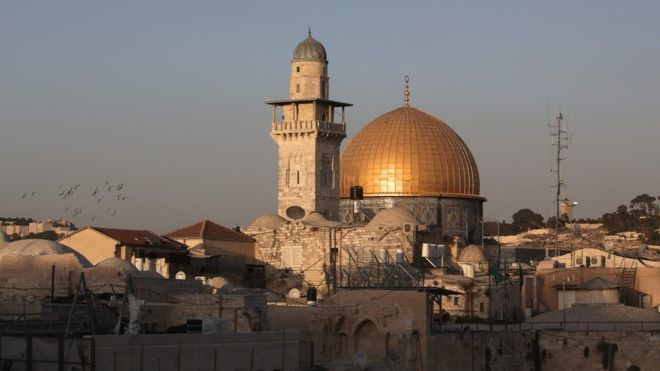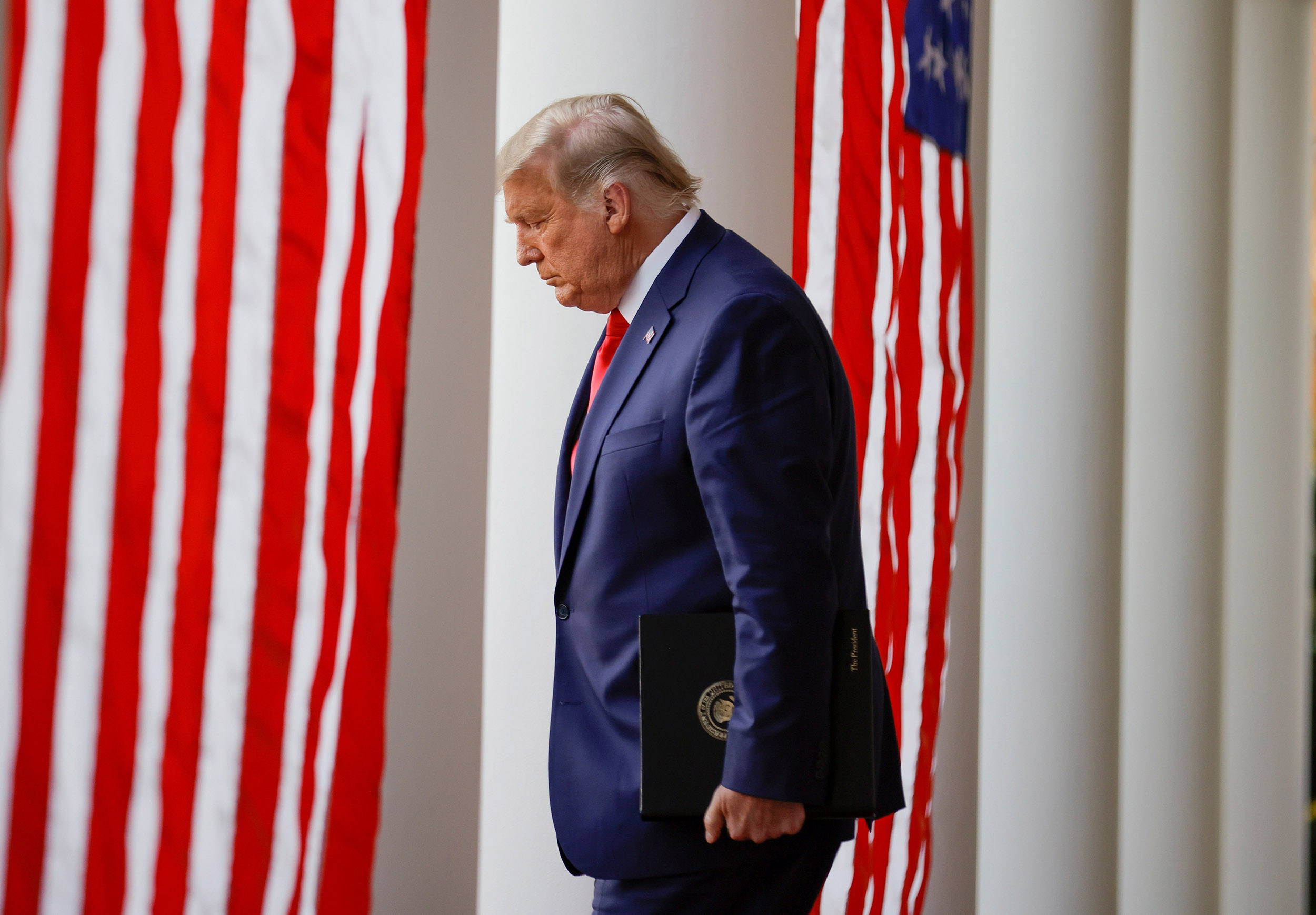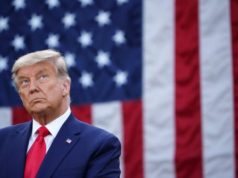 The US is pulling out of the UN’s cultural organisation Unesco, accusing it of “anti-Israel” bias.
The US is pulling out of the UN’s cultural organisation Unesco, accusing it of “anti-Israel” bias.
The agency is known for designating world heritage sites such as Syria’s Palmyra and the US Grand Canyon.
The state department said it was also concerned about mounting financial arrears at Unesco and said the agency needed to be reformed.
Unesco head Irina Bokova said the withdrawal was a matter of “profound regret”.
She admitted however that “politicisation” had “taken its toll” on the organisation in recent years.
The withdrawal represented a loss to the “UN family” and to multilateralism, Ms Bokova added.
It will become effective at the end of December 2018. Until then the US will remain a full member. The US will establish an observer mission at the Paris-based organisation to replace its representation, the state department said.
The decision follows a string of Unesco decisions that have drawn criticism from the US and Israel.
In 2011 the US cut much of its funding to the agency in protest at its decision to grant full membership to the Palestinians.
And last year, Israel suspended cooperation with Unesco after the agency adopted a controversial resolution which made no reference to Jewish ties to a key holy site in Jerusalem.
The resolution also criticised Israel’s activities at holy places in Jerusalem and the occupied West Bank.
Then earlier this year, the Israeli Prime Minister Benjamin Netanyahu condemned Unesco for declaring the Old City of Hebron in the West Bank a World Heritage site.
The US withdrawal is also motivated by a desire to save money, Foreign Policy magazine reported. The US currently provides $80m (£60m) a year to the organisation.
US President Donald Trump has criticised what he sees as a disproportionate contribution by the US to UN institutions. The US funds 22% of the UN’s regular budget and 28% of UN peacekeeping.
The US was a founding member of Unesco. The Reagan administration withdrew from the organisation in 1984 – accusing the agency of corruption and its ideological bias towards the then Soviet Union – but rejoined in 2002.
Unesco is in the process of choosing a new leader, with Qatari and French former ministers Hamad bin Abdulaziz al-Kawari and Audrey Azoulay neck-and-neck in the contest to replace Ms Bokova.
Courtesy: BBC







